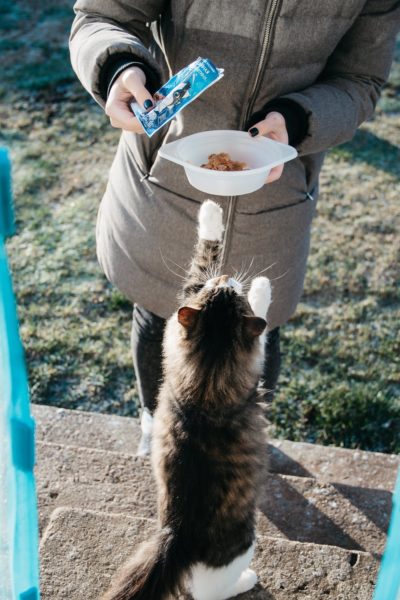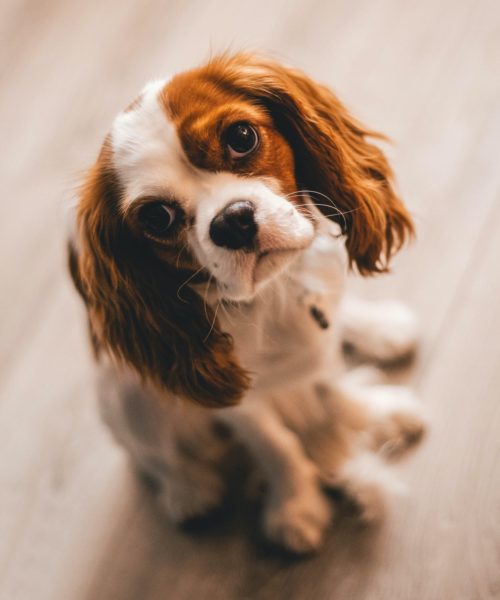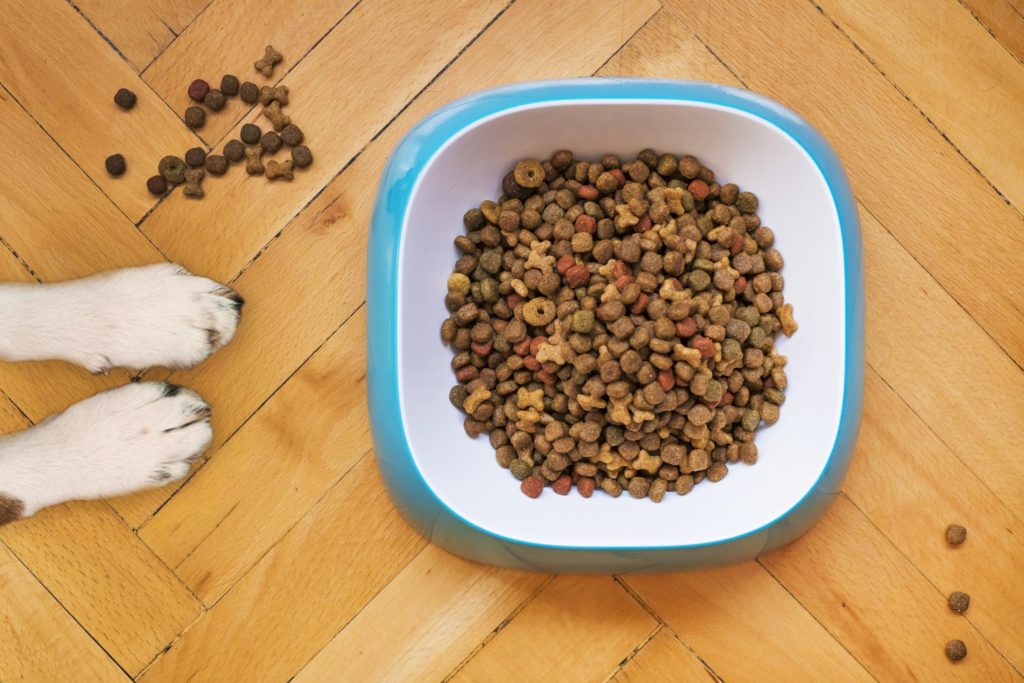Most Canadians understand and trust that government regulations protect their food, even if they don’t know the exact processes behind it. The Canadian Food Inspection Agency (CFIA) tests and regulates food products intended for human consumption, and each province has safety laws and regulations.
But what about pet food? The Safe Food for Canadians Act (SFCA) and Safe Food for Canadians Regulations do not apply to food not sold for use as human food, including food for dogs and cats. What are the safety rules for pet food factories?
How Are Canadian Pet Food Processors Regulated?
 Though SFCA rules do not apply to pet food factories, there are standards producers have to meet. All facilities are subject to specific Canadian and international regulations, including the CFIA’s enhanced animal health safeguards. The guidelines make it illegal for ingredients called specified risk materials (SRMs) to be fed to any animal, including dogs and cats. These are cattle tissues capable of transmitting bovine spongiform encephalopathy (BSE), better known as Mad Cow Disease.
Though SFCA rules do not apply to pet food factories, there are standards producers have to meet. All facilities are subject to specific Canadian and international regulations, including the CFIA’s enhanced animal health safeguards. The guidelines make it illegal for ingredients called specified risk materials (SRMs) to be fed to any animal, including dogs and cats. These are cattle tissues capable of transmitting bovine spongiform encephalopathy (BSE), better known as Mad Cow Disease.
Members of the Pet Food Association of Canada (PFAC) must also comply with the Acts administered by the Competition Bureau: the Consumer Packaging and Labelling Act and the Competition Act. These regulations specify the marketing standards for these products, including how companies name the food and what information they have to include on labels.
PFAC members who import pet food from the US must meet Canadian import requirements; when they export, they have to abide by the regulations and requirements of other countries, too.
There is a significant difference between the rules followed by pet food factories and human food processors: they follow the lead of American standards.
Why Is There A Difference Between Pet Food And Human Food Processing?
 It is the responsibility of pet food manufacturing companies to formulate and test their products following different industry standards to ensure the quality and welfare of the animals that will eat them. PFAC members must also meet the nutritional standards set out by the Association of American Feed Control Officials (AAFCO) and follow AAFCO’s labelling guidelines.
It is the responsibility of pet food manufacturing companies to formulate and test their products following different industry standards to ensure the quality and welfare of the animals that will eat them. PFAC members must also meet the nutritional standards set out by the Association of American Feed Control Officials (AAFCO) and follow AAFCO’s labelling guidelines.
Despite the name, AAFCO sets the nutritional standards for commercial pet food in Canada, too. While there is no regulation or sanction in place, pet food companies follow the AAFCO rules and have done so in good faith for a long time. The organization gets their primary references from the American National Research Council’s minimum nutrient requirements for healthy cats and dogs while also using the latest publications to inform changes.
A reputable pet food manufacturing site will still comply with and seek to exceed many quality assurance standards set by external accreditation bodies. Some of these are the same as what you’d find in a food plant for humans: Hazard Analysis Critical Control Point (HACCP) safety plans and checks, Good Manufacturing Practice Standard & General Principles of Food Hygiene (GMP/GHP), and proprietary manufacturing standards.
While Quantum generally serves human food processors, we can help all food processor types meet HACCP plans. If you’re a pet food factory with high standards to uphold, trust our team to help you!
